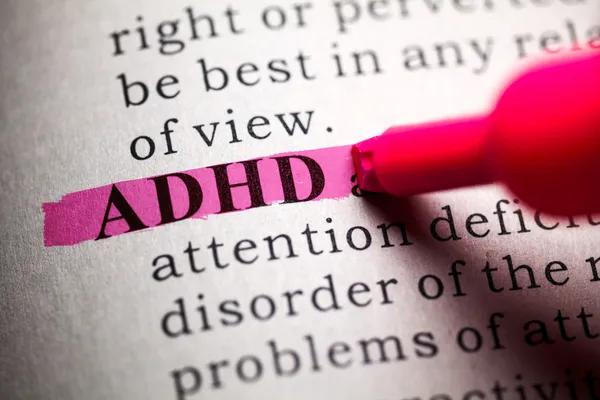ADHD in School-Aged Children
Attention Deficit Hyperactivity Disorder (ADHD) is a neurodevelopmental disorder that can significantly impact a child’s academic, social, and occupational life. Recognizing and understanding the complexities of ADHD is essential for providing effective support and interventions. In this blog post, we’ll delve into the importance of psychological assessments in diagnosing ADHD among school-aged children and explore the comprehensive tools and methods clinicians use for a thorough evaluation. ADHD appears as inattention, hyperactivity, and impulsivity across multiple settings, including home and school. The repercussions extend beyond the individual, affecting academic performance, social dynamics, and overall quality of life. Acknowledging these challenges is the first step toward developing tailored strategies to empower children with ADHD.
- Boys are more commonly diagnosed with ADHD than girls. The male-to-female ratio is often reported to be around 3:1 or 4:1.
- However, some research suggests that girls with ADHD may be underdiagnosed because their symptoms can differ from those typically seen in boys.
Impacts:
Children with ADHD often have difficulties with sustained attention, organization, and impulse control, leading to academic challenges.
- ADHD can significantly impact academic performance. Children with ADHD may have difficulties with attention, impulse control, and hyperactivity, affecting their ability to learn and succeed in school.
- Accommodations, such as specialized education plans, are often recommended to support students with ADHD.
Navigating social relationships can be important for children with ADHD due to heightened impulsivity and difficulties with social cues. Misunderstandings may arise, affecting friendships and connections. Interventions that focus on building social skills and fostering understanding can enhance relationships and contribute to a more supportive social environment.
The Assessment Process:
If you believe that your child is starting to require increased support at school, a comprehensive psycho-educational assessment may be required. This comprehensive assessment draws information from various sources, including testing of the child as well as information from parents, family members and teachers. Psychometrists follow a multi-faceted approach to ensure a thorough evaluation which is then reviewed by a Psychologists and a diagnosis is provided. This information can be very useful to assist parents as well as child educators, regarding what accommodations will best help the child and whether a diagnosis is available. Often, the recommendations found at the end of the psycho-educational assessment include information that will support the child in their school setting.
- A diagnosis of ADHD is often a crucial factor in the development of an Individualized Education Plan (IEP) for the student.
- An IEP outlines specific accommodations and modifications tailored to the child’s needs. These can include adjustments to the curriculum, additional support, modified assignments, and extended time for tests.
Observations of the child’s behavior in different settings, such as home and school, are essential. Identifying patterns of inattention, hyperactivity, and impulsivity helps in the diagnostic process.
ADHD often coexists with other conditions such as anxiety, depression, and learning disabilities. Identifying and addressing these comorbidities is crucial for a holistic approach to treatment, ensuring that interventions target the complete spectrum of a child’s needs.
- In Canada, there are legal frameworks, such as the Canadian Human Rights Act and provincial/territorial human rights legislation, that protect individuals with disabilities, including those with ADHD.
- A formal diagnosis can strengthen a student’s case for accommodations, ensuring their rights are upheld within the education system.
In conclusion, the journey to understand and diagnose ADHD in school-aged children involves a comprehensive assessment process. By utilizing various tools and methodologies, clinicians can paint a detailed picture of a child’s strengths, challenges, and overall well-being. This comprehensive approach not only aids in accurate diagnosis but also lays the foundation for tailored interventions that can significantly improve the academic, social, and occupational
outcomes for children with ADHD.


Add Comment